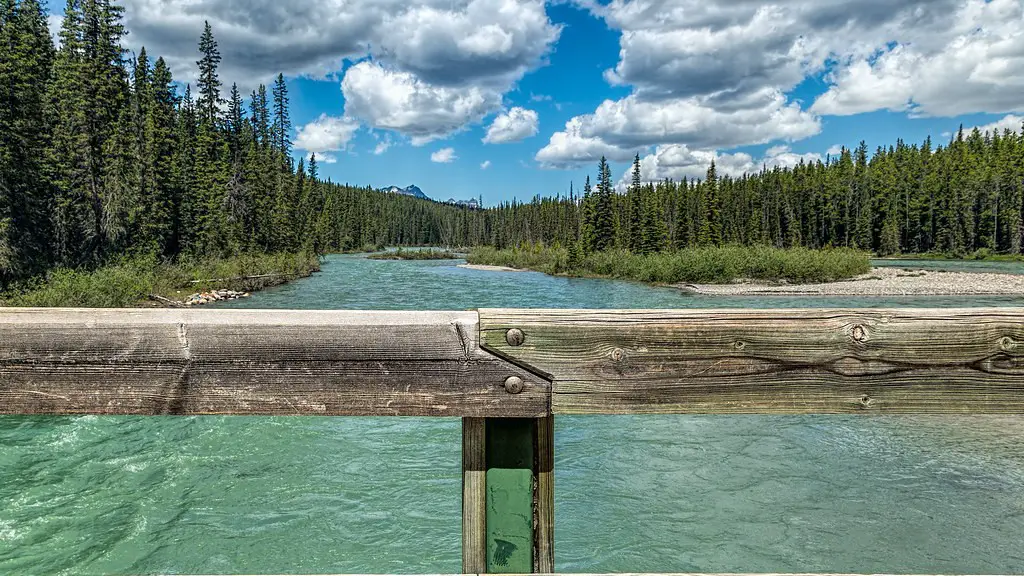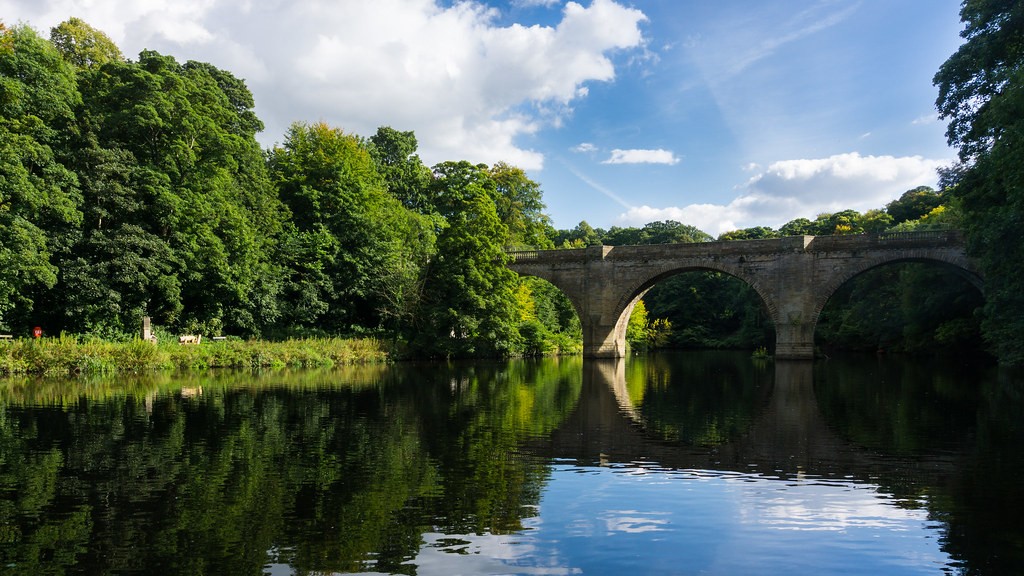Introduction
The Mississippi River has been essential to America’s economic, cultural and environmental development since before colonial times. It’s one of the most traveled, commercialized, and militarily important waterways in the world and has played a significant role in the development of the United States. Of particular importance regarding the river’s history is the role packet ships played in helping to open the Mississippi River to commercial traffic. The primary purpose of a packet ship was to transport passengers, goods and mail between ports, but they did a lot more than just that. Packet ships were responsible for bringing goods and people to the river on a regular basis, and they helped to break down geographical and economic barriers that hindered the efficient and effective use of the Mississippi River by businesses, travelers, and the military.
Early Ways of Travel on the Mississippi River
For centuries, the Mississippi River was the primary source of transportation for people, goods, and mail traveling between different cities and states. Before packet ships, travelers and merchants used a combination of Native American canoes, wooden flatboats, and dugout boats to navigate and explore the river. These transportation methods had their limitations, though, and often resulted in long, dangerous journeys. By the early 1800s, communities started looking for a way to make transportation on the Mississippi River easier, faster, and more efficient.
The Evolution of Packet Ship Transportation
The introduction of steam-powered boats in the early 1800s represented a major technological advance in transportation. During this time period, steamboats first began appearing on the Mississippi River, and packet ships became a reliable form of passenger and goods transportation between cities and states. The development of the packet ship made transportation on the Mississippi River faster, more reliable, and more efficient, helping to open the route up to commercial traffic. In addition, packet ships also made transportation between ports more comfortable and safer, as they were larger and allowed for more people and goods to be transported at once.
The Impact of Packet Ships on Trade and Businesses
Packet ships helped to make trading along the Mississippi River easier, faster, and more efficient. They opened the river up to new economic opportunities and helped businesses to save time and money. Packet ships allowed goods to be transported between ports quickly and safely, which meant that businesses could transport goods further and faster than before. This allowed businesses to reach new markets, and it helped to promote the growth of trade and commerce along the route.
Improvements in Military Transportation
In addition to facilitating commercial traffic, packet ships also had an important impact on military transportation. The movement of personnel, weapons, supplies, and troops was essential for the military, and the speed and efficiency of packet ships allowed for faster, more reliable transportation of these materials. The packet ships allowed troops to be transported quickly and safely, which was essential for the successful prosecution of military operations.
Increased Tourism
Packet ships opened up the Mississippi River to a new form of transportation, and it quickly became popular among travelers and tourists. Packet ships allowed for comfortable travel along the river, and they had their own cabins and amenities for passengers. This made the journey safer, more comfortable, and more enjoyable, and it opened the river up to a new form of tourism.
Social Benefits of Packet Ships
In addition to the economic and military benefits of packet ships, they also had a major social impact on the Mississippi River area. Packet ships allowed people to travel further and faster than before and helped to spread ideas, news, and culture along the route. The growth of packet ship traffic along the Mississippi River brought people together and helped to form new social connections.
Increased Fishing Activity
The introduction of packet ships to the Mississippi River also facilitated increased fishing activity along the route. The steam-powered boats made it easier for fishermen to get to their fishing spots, and the faster and more efficient transportation facilitated by the boats made it possible for fishermen to travel further and stay out on the river for longer periods of time. This had the effect of increasing the overall fishing activity in the area and creating new jobs for fishermen.
Further Economic Development
The increased transportation facilitated by packet ships also helped to promote further economic development along the route. Packet ships allowed goods to be transported more quickly and efficiently between ports, and this facilitated increased trade and commerce along the route. In addition, packet ships also increased the speed and efficiency with which goods could be exported to other cities, states, and countries, helping to promote economic development in other areas as well.
Introduction of New Technologies and Innovations
The introduction of packet ships to the Mississippi River also created an environment that was conducive to new technologies and innovations. The new form of transportation provided by the boats allowed for the spread of new ideas and innovations along the route, and this provided the perfect opportunity for entrepreneurs to design and develop new technologies and products. This had the effect of increasing the rate of technological and industrial growth along the route.
Preservation of Natural Resources
The introduction of packet ships on the Mississippi River also had a positive impact on the preservation of natural resources in the region. The greater speed and efficiency of transportation facilitated by the steam-powered boats allowed for the efficient use of resources, and this had the effect of preserving and protecting the environment. In addition, the increased trade and commerce facilitated by the packet ships also helped to create jobs and boost the local economy, which had the effect of reducing poverty and helping to preserve the environment.
Changes in the Cultural Landscape of the Mississippi River
The introduction of packet ships to the Mississippi River also had a major impact on the cultural landscape of the region. The new, faster form of transportation helped to spread new ideas, news, and culture along the route. In addition, the increased trade and commerce facilitated by the boats helped to create jobs and boost the local economy, which had the effect of improving the overall quality of life in the region.
Impact on the Future of the Mississippi River
The impact of packet ships on the Mississippi River is still felt today, and its legacy can be seen in the economic and cultural development of the region. The increased speed and efficiency of transportation facilitated by the boats helped to open the route up to commercial traffic, which had the effect of boosting the local economy and creating jobs. In addition, the increased trade and commerce facilitated by the packet ships also helped to spread new ideas, news, and culture along the route. Finally, the greater speed and efficiency of transportation facilitated by the boats also helped to preserve natural resources and the environment, creating a more sustainable future for the region.



